- About us
- Support the Gallery
- Venue hire
- Publications
- Research library
- Organisation chart
- Employment
- Contact us
- Make a booking
- Onsite programs
- Online programs
- School visit information
- Learning resources
- Little Darlings
- Professional learning
Lady Jane Franklin (née Griffin, 1791–1875) came to Van Diemen’s Land in 1837 following the appointment of her husband, Sir John Franklin, to the position of lieutenant-governor of the colony. Jane was somewhat unique among colonial vice-regal spouses for being forthright, childless and well-travelled; for her intellectual interests; and for her ‘unwomanly’ outspokenness on matters such as prison reform and convict discipline. Both she and Franklin viewed Van Diemen’s Land not merely as a prison but a new society in which education, science and the arts should be fostered. Jane accordingly approached her role with the belief that she could contribute to the development of the colony and, in so doing, support and aid her husband in his work. Jane’s energy and enthusiasms, however, were seen by conservative colonists as dangerous eccentricities and, within the bitter political environment of Franklin’s term of office, were ultimately held to constitute an unacceptable interference in government affairs. Following Franklin’s recall from office in 1843, Jane resided in London, devoting much of the remainder of her life and fortune to efforts at finding the vanished 1845 Arctic expedition in which her husband and 128 others perished.
Collection: National Portrait Gallery
Gift of Ted and Gina Gregg 2012
Loretta Pash (40 portraits)



On one level The Companion talks about the most famous and frontline Australians, but on another it tells us about ourselves.
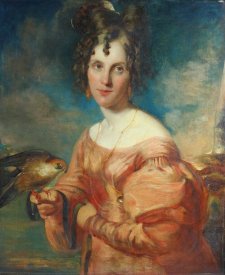
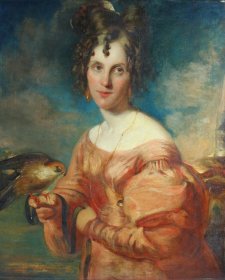
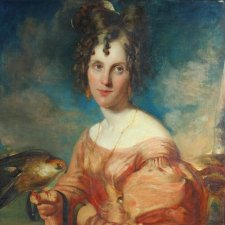
Charting a path from cockatiel to finch, Annette Twyman explores her family portraits and stories.
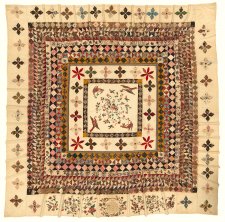
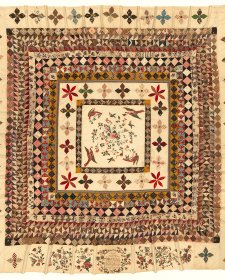
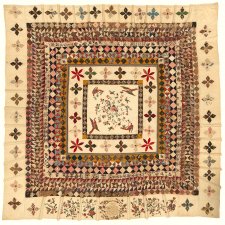
The Rajah Quilt’s narrative promptings are as intriguing as the textile is intricate.